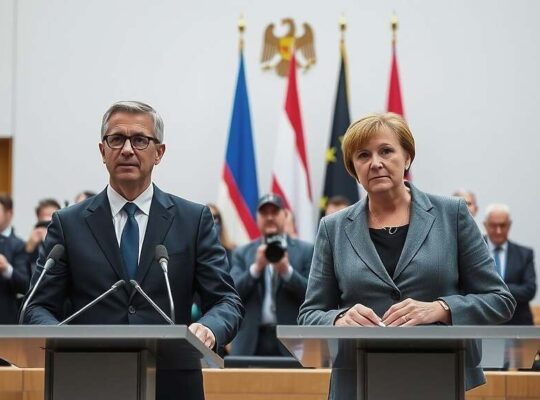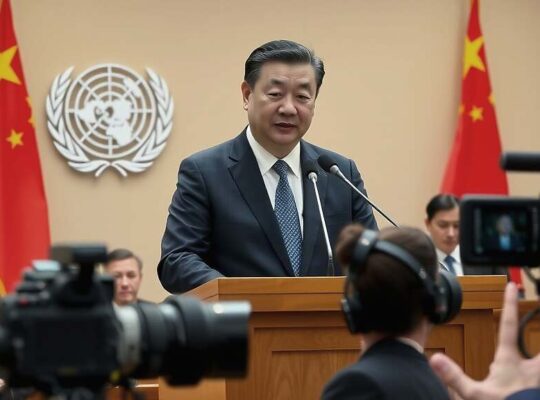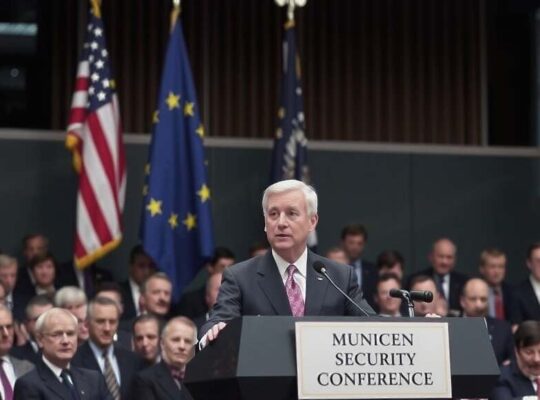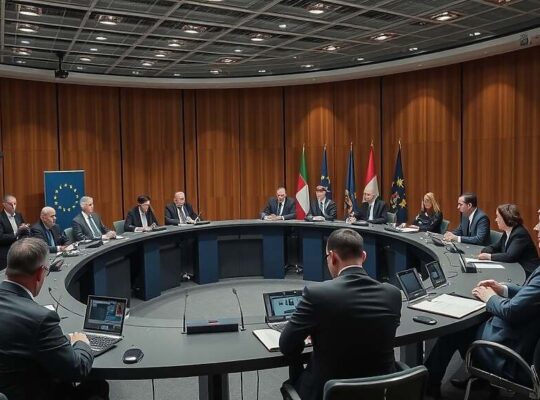President Frank-Walter Steinmeier’s recent remarks have reignited a contentious debate within Germany concerning a potential ban on the Alternative for Germany (AfD) party. Speaking at a commemoration event marking the anniversary of the fall of the Berlin Wall, Steinmeier, while not explicitly naming the AfD, alluded to the possibility of a party ban as a “last resort” of a resilient democracy, a phrasing that has triggered a wave of political maneuvering and internal dissent.
The comments, delivered at his official residence in Berlin, have visibly fractured the conservative Christian Democratic Union (CDU). Roderich Kiesewetter, a CDU member of the Bundestag, publicly urged his party to reconsider its opposition to a legal review of the AfD, citing assessments from the Federal Office for the Protection of the Constitution and the party’s perceived efforts to undermine Germany’s fundamental democratic order. Kiesewetter criticized the prevalent framing of a ban as overly simplistic, arguing that increased accusations of treason warrant a closer examination. He pointed to the constitutional court’s authority to assess parties and their alignment with the constitution, suggesting a growing body of evidence indicates the AfD may be actively working to dismantle it.
The pressure is not solely coming from within the CDU. The Social Democratic Party (SPD) is also advocating for decisive action. Thuringia’s Interior Minister, Georg Maier, described the AfD as a “nationalist movement” actively seeking to destabilize German democracy from within. He argued that purely ideological debates are no longer sufficient to safeguard democratic institutions. Maier emphasized that Article 21 of the Basic Law mandates a proactive defense of democracy, characterizing the possibility of a ban not as a discretionary option, but as a legal obligation.
The renewed debate highlights a growing anxiety within Germany’s political establishment regarding the AfD’s trajectory and its potential to undermine the country’s constitutional framework. It also reveals a simmering conflict within the CDU, where a faction appears willing to consider drastic measures previously deemed politically untenable, while others remain hesitant due to concerns about potential backlash and legal complexities. The question now is whether this internal pressure, coupled with the SPD’s forceful stance, will ultimately lead to a formal review and what the long-term consequences for German politics might be. The escalating tensions underscore the gravity of the situation and signal a potentially significant shift in the approach to confronting far-right political forces in Germany.












